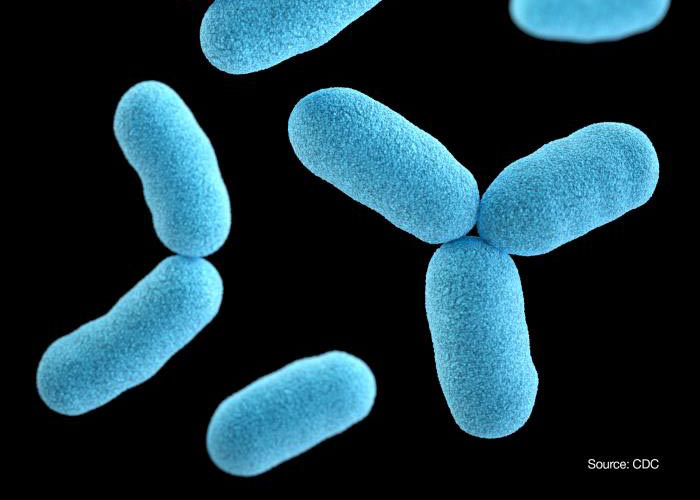The Federal Capital Territory Administration (FCTA) has announced the outbreak of diphtheria infection in some parts of Abuja.
Diphtheria is a bacterial infection caused by the corynebacterium species that affect the nose, throat, and sometimes, skin of an individual.
Some symptoms of diphtheria include fever, runny nose, sore throat, cough, red eyes, neck swelling, and difficulty in breathing.
Speaking at a media conference on Monday, Sadiq Abdulrahman, the FCT director of public health department, said the disease has already killed a four-year-old child.
Abdulrahman said the outbreak of the disease in the nation’s capital was confirmed after one result from the samples taken from suspected cases in a village close to the Dei-Dei area, returned positive.
He tasked residents to take personal hygiene seriously and advised them to report any strange symptoms, particularly, one relating to their respiratory health to relevant authorities.
“Two weeks ago, we got information from a community within the FCT of eight cases and that made our team pick some samples,” he said.
“The samples were taken to the National Reference Laboratory, Gaduwa and the NCDC, and one of the suspected cases came out positive.”
The director said the department was collaborating with neighbouring states to checkmate the further spread of the disease through border surveillance.
Also speaking, Yahaya Vatsa, executive secretary of the FCT Primary Health Care Board (PHCB), said unvaccinated people and those living in crowded and unhygienic environments are at high risk of contracting the disease.
He said to reduce the risk of contracting the disease, FCT residents should ensure their children are fully vaccinated with three doses of the pentavalent vaccine.
“This is recommended in the national childhood immunisation schedule,” he said.
The executive secretary added that the FCTA, through the PHCB had concluded plans to revaccinate all children bellow 14 years in the affected communities.



